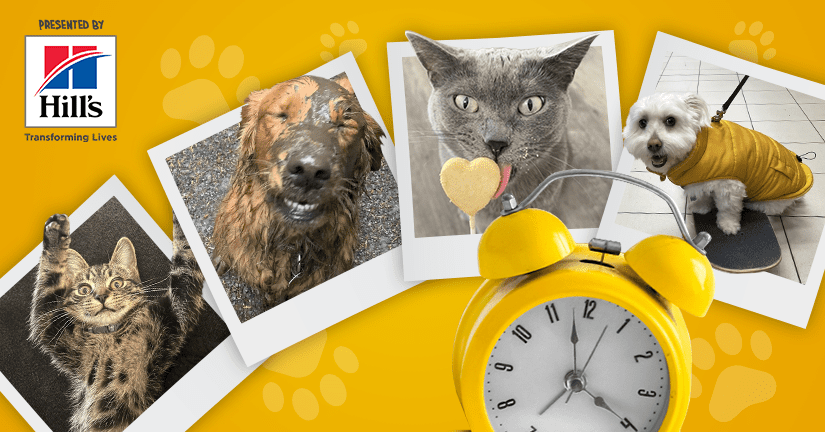As a result of overpopulation, thousands of companion animals suffer each year in British Columbia. The vision of the BC SPCA is for every companion animal born in B.C. to have a home and be part of a family, where guardians value their animals and provide them with knowledgeable care in accordance with the Five Freedoms of animal welfare. The BC SPCA supports the use of multi-faceted strategies to identify and address the root causes of companion animal overpopulation, including the spaying and neutering of cats, dogs and rabbits by licensed veterinarians.
Approved by the Board of Directors – February 2015
(replaces Pet Overpopulation, January 1996)
Background
The Society employs a number of strategies to address companion animal overpopulation:
- Developing communication, education and advocacy messaging that works towards a shift in cultural attitudes;
- Maintaining low-cost spay and neuter clinics and programs;
- Promoting and supporting trap-neuter-return initiatives for feral cats;
- Encouraging municipalities to enact bylaws that are designed to deter companion animal breeding likely to compromise their welfare;
- Sterilizing all animals that are adopted to the community from BC SPCA facilities, including the use of pediatric spay/neuter as appropriate; and,
- Supporting research around the efficacy and broad application of contraceptive technologies in Canada, and promoting commercial development for non-surgical sterilization methods.
Companion animal overpopulation is a community-specific problem across B.C. Each community in the province has historically taken a different approach to animal care and control with differing results. Species-specific approaches, particularly the emphasis on dog control over cat control, have resulted in species-specific problems. Communities without adequate information, bylaws and enforcement around containing and sterilizing animals continue to struggle with indiscriminate breeding.
The indiscriminate breeding of companion animals leads to overpopulation: too many animals and not enough homes. Animals are brought in to animal shelters that quickly fill to maximum capacity. Lack of access to, or full, animal shelters can lead to abandonment. Abandoned companion animals can suffer from lack of shelter, starvation, frostbite, disease, parasites and wildlife predation and are subject to abuse from the human population. Abandoned companion animals also predate on wildlife, resulting in the suffering of these animals and their orphaned offspring, while contributing to a decline in wildlife populations.
Background updated – February 2021
Definitions
Companion animals: Domesticated animals who have been selectively bred to live and thrive in mutually beneficial relationships with humans and who are kept primarily for the purpose of companionship.
Feral cat: A domestic cat who has partially or fully adapted to living in wild habitats.
Five Freedoms: A concept first developed by The Brambell Committee, formed by the UK government to examine the conditions on commercial farms. Now internationally recognized, the Five Freedoms are considered applicable to all animals.
The BC SPCA’s Five Freedoms (adapted from the original list) are:
- Freedom from hunger and thirst;
- Freedom from pain, injury, and disease;
- Freedom from distress;
- Freedom from discomfort;
- Freedom to express behaviours that promote well-being.
The BC SPCA’s Five Freedoms form the basis of the Society’s Charter and describe conditions that must be fulfilled in order to prevent the suffering of all animals in human care. The Society acknowledges that these freedoms are not enforceable and that absolute provision of these freedoms may not be possible, but strongly encourages all animal guardians to strive to provide them.
Guardian: A person or organization that is primarily responsible for the welfare, care and management of an animal. An owner may be referred to as a guardian, but the term guardian is preferred in order to express that the relationship is one of responsibility for the care of an animal, not just ownership of property.
Suffering: An enduring negative affective state. Suffering is associated with feelings such as pain, hunger, fear and anxiety. All sentient beings are capable of suffering.
Trap-neuter-return: A type of program through which free-roaming cats are trapped, spayed and neutered, and then returned to the outdoor locations where they were found.
Welfare: An animal’s quality of life. An animal’s welfare depends upon both his/her physical health and affective state.
Animals experience good welfare when they are able to experience positive feelings arising from pleasurable activities and the fulfillment of behavioural needs, and when they are free from poor physical health and negative feelings (e.g., pain, discomfort, hunger, thirst, fear and frustration).

